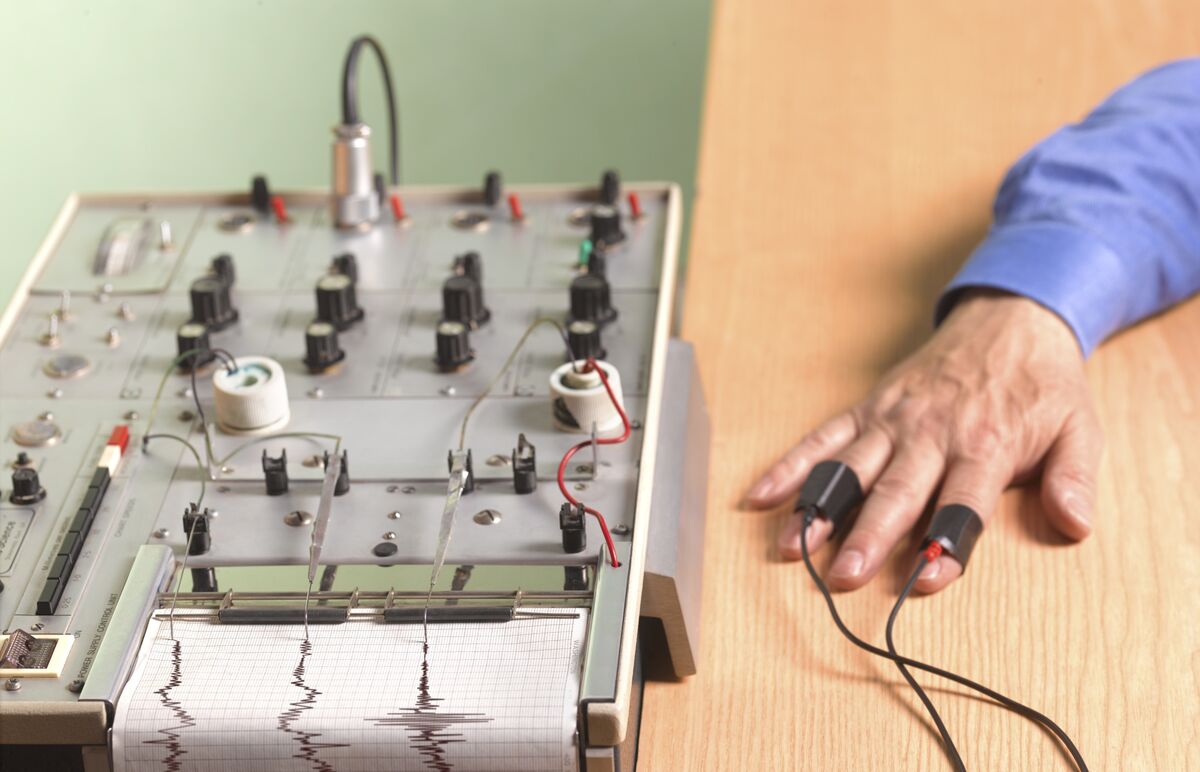When it comes to due diligence, most investors typically focus on analyzing financial statements and crunching numbers to evaluate a company’s potential. However, it’s also important to interrogate senior executives and employees to ensure they are truthful about the business model. In this episode, we interview Phil ‘Dick’ Houston, a former CIA officer known for his ability to detect lies. Phil has worked closely with entrepreneur Brad Jacobs on due diligence for both senior hires and investments. He shares his strategies for identifying deceptive behavior and how it can be applied in the corporate world.
One key insight from the podcast is learning what signs to look for when detecting deception. Phil dispels myths about eye contact and explains the psychological buckets used to understand deception. He also discusses the ideal environment for lie detection and how to use verbal and physical cues to encourage honesty in others. Additionally, Phil provides a real-time example of lie detection and explains how to ask the questions that most people fail to ask.
Phil’s expertise in spotting lies can be valuable in due diligence processes for investors and companies alike. By being aware of the signs of deception and knowing how to question individuals effectively, business professionals can make more informed decisions and mitigate risks.
Phil ‘Dick’ Houston is a former CIA officer who has honed his skills in detecting lies over decades of experience. His work with entrepreneur Brad Jacobs on due diligence has shown him that there are many factors that go into evaluating a company or individual’s potential. In this episode, he shares his insights into what signs indicate dishonesty in people he interrogate.
According to Phil, one common misconception is that maintaining eye contact is a sign of lying. While eye contact can sometimes indicate discomfort or nervousness, it doesn’t necessarily mean someone is lying. Instead, Phil suggests looking at other cues such as body language, tone of voice, and overall behavior.
To help identify these cues, Phil uses psychological buckets such as “hot” versus “cold” body language or “open” versus “closed” body language. These buckets help him determine if someone is being truthful or not based on their physical responses.
Another important factor in lie detection is creating an ideal environment for questioning individuals. This means setting up a quiet space where distractions are minimized so that the person being questioned feels comfortable enough to open up.
Finally, Phil stresses the importance of asking probing questions during interviews. These questions should be specific enough to get detailed answers but not so broad as to leave room for ambiguity or evasion.
Overall, Phil ‘Dick’ Houston’s expertise in spotting lies can be valuable in due diligence processes for investors and companies alike by helping them make more informed decisions while mitigating risks associated with fraudulent activities.
